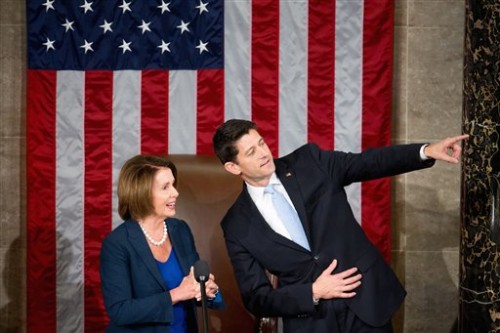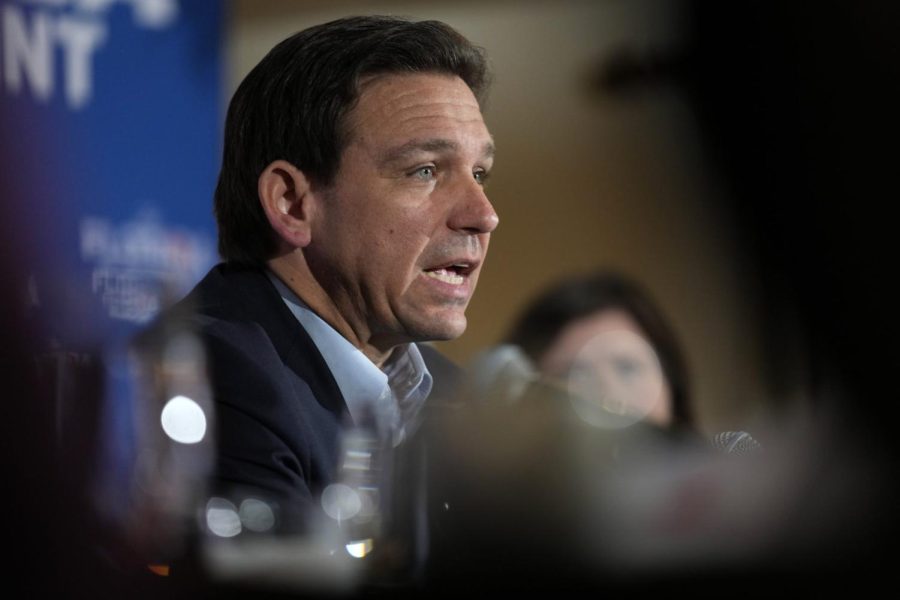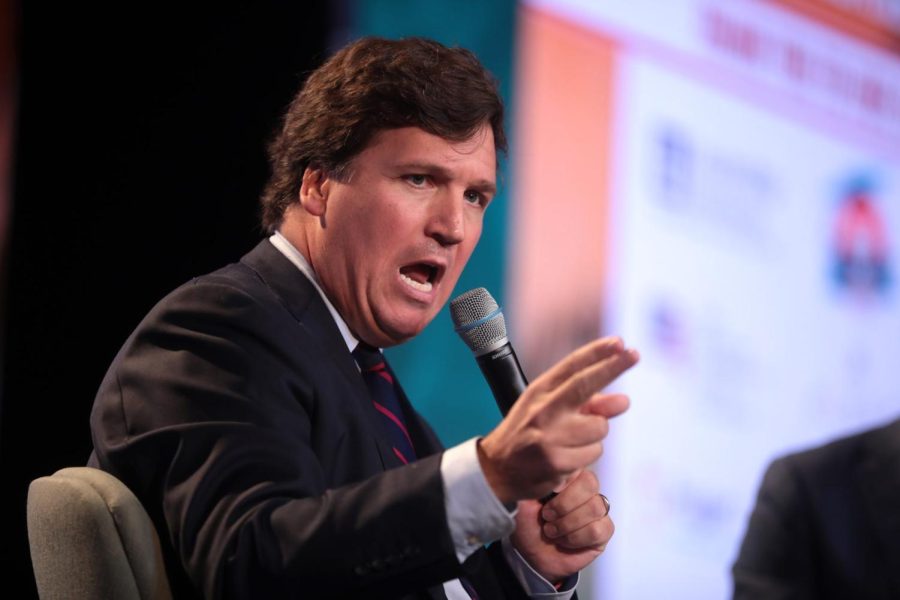
Wisconsin Rep. Paul Ryan was sworn into office last Thursday as Speaker of the House, ushering in a new era for the party, but one that has already continued along past voting lines.
Ryan, who was originally opposed to the job, replaced former speaker John Boehner after his resignation Oct. 29. Ryan won the support of the majority of Republicans, garnering 236 votes from the House.
Ryan arrives just after a bipartisan budget deal was passed last week, decreasing the chance of a government shutdown, and essentially allowing Ryan to start his career, for the most part, with a “clean slate.” In a CBS interview last week, the 45-year-old representative said he has plans to enact a “bold agenda.” His agenda includes tackling issues like the Affordable Care Act, commonly called Obamacare, tax code reform, as well as entitlement reform, but the test will be how soon he can act on these reforms.
Republicans who are part of the Freedom Caucus, which includes Jim Jordan, R-Ohio, Mark Sanford, R-S.C, and Randy Weber, R-Texas, are hoping he will be the unifying force they need after Boehner’s leadership of gridlock and infighting. One of Ryan’s top priorities is to “avoid tremendous public fighting within the Republican party” Wayne Steger, a political science professor at DePaul, said.
One way Ryan plans to decentralize the House is by allowing more representation in the House Steering Committee. Most likely this would include more staunch conservatives added to the committee. Ryan also tested a more flexible amendment process with his first piece of legislation, the transportation bill. This more open amendment process would essentially make it easier for members to get amendments passed by allowing members to offer amendments to be reviewed by the Rules Committee. Ryan successfully corralled Congress to pass this comprehensive transportation bill after more than 100 bills were debated over the course of four days. This is Ryan’s first success as speaker and first implementation of decentralizing, but Zachary Cook, a DePaul political science professor, said there will be an “initial wave of freedoms, but honestly I don’t expect it to last.”
Another prominent piece of legislation is a budget deal. Even though Obama signed a two-year budget deal, the Senate and House still need to approve a bill that will detail funding for all federal agencies by Dec. 11 to avoid a government shutdown.
Cook and Steger both agree a government shutdown isn’t likely. A shutdown would be a disadvantage to Republicans who don’t want to harm their reputation as they look forward to the coming election. Steger believes Ryan will be able to convince conservative Republicans to hold off on pursuing an aggressive agenda until after the election. Ryan is attempting to unify Republicans by steering the party to more long-term goals and by providing them with strategic concessions and remaining staunch in his conservative stance on immigration.
Staying true to his political party, Ryan has said he won’t work with Obama on immigration reform. Nassir Faulkner, president of DePaul Democrats, said Ryan is “sending a message to his party that he isn’t going to move more to the center in regards to immigration.” However, Ryan specifically said he wouldn’t negotiate immigration reform with Obama, but the possibility of reform under another president is yet to be discussed.
Because Republicans don’t have control of the White House, actually implementing Ryan’s goals will be challenging. Instead, Ryan is focusing his party on the future. However, this inability to achieve much could lead to the same frustration the Republican Party faced with Boehner. Cook said Americans have a tendency to blame leadership and downplay the impact of structural constraints. It will be Ryan’s job, during Obama’s final term, to keep his Republican caucus in line, to avoid another gridlock in Congress, but also to have a shot at the White House.







